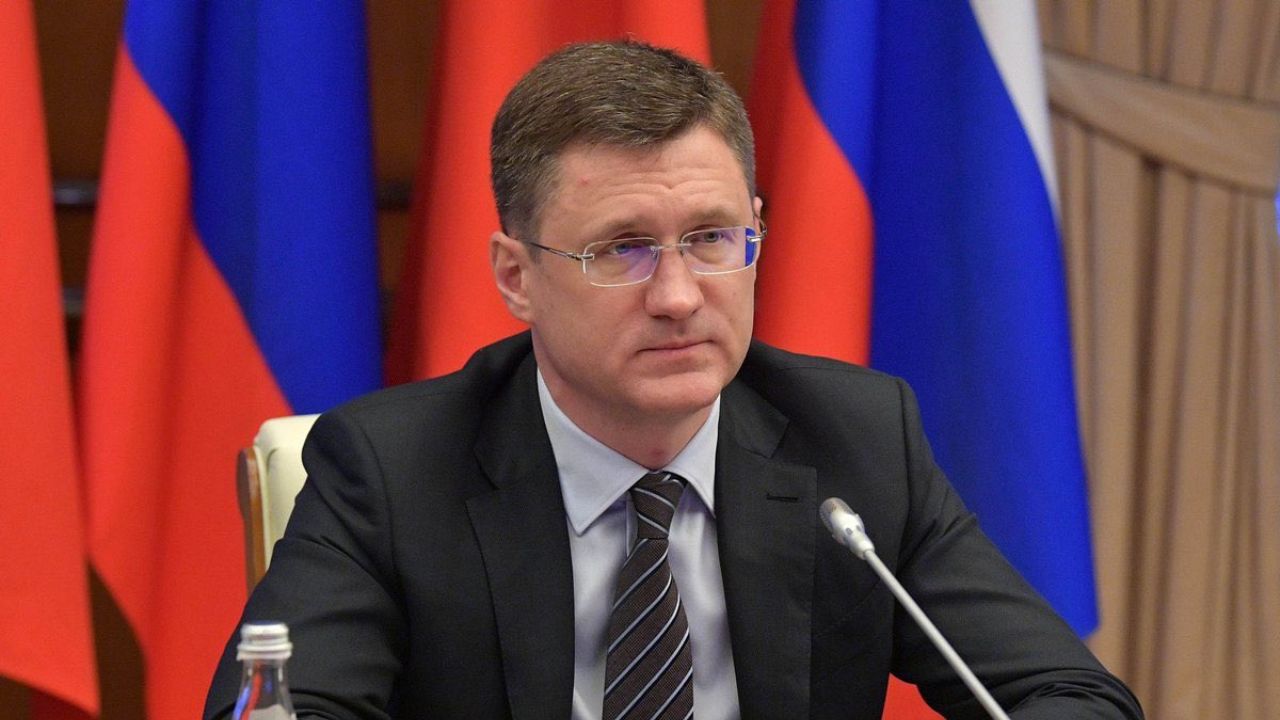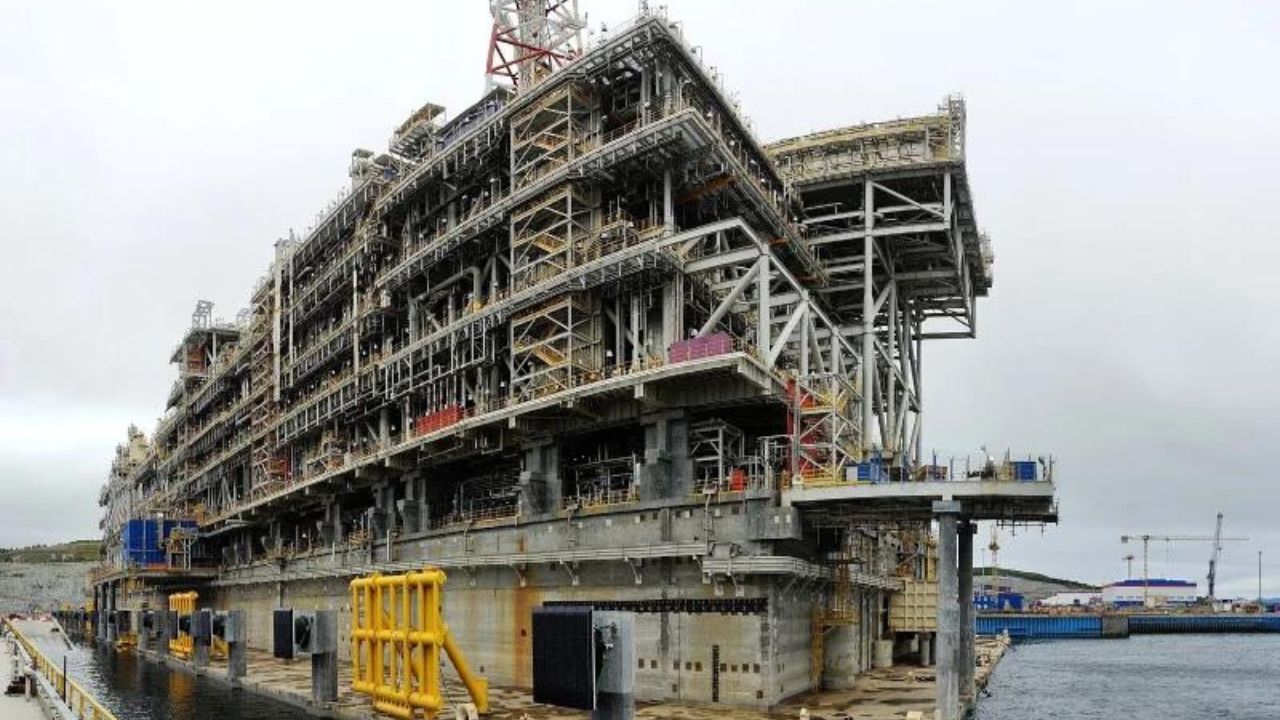Deputy Prime Minister Alexander Novak stated that Russia sees no necessity to impose export bans on diesel amidst concerns over rising prices and potential shortages caused by drone attacks impacting refining capacity.
Despite facing technical outages and disruptions, Novak emphasized stability in the oil products market, with companies increasing output to meet demand.
Novak acknowledged the challenges posed by drone attacks, which have led to a significant reduction in oil refining capacity.
However, he highlighted efforts to address the situation, including boosting output at operational refineries and addressing bottlenecks in fuel deliveries via railways.
Challenges and Opportunities in LNG Deliveries
Novak provided insights into the Arctic LNG 2 project, a pivotal initiative in Russia’s bid to expand its liquefied natural gas (LNG) market share.

Western sanctions have complicated LNG deliveries, with Novatek, the project lead, facing hurdles in securing tankers for cargo transportation.
Despite obstacles, Novak expressed optimism about the project’s progress, affirming ongoing talks about cargo delivery.
The imposition of sanctions, particularly by Washington, has prompted foreign shareholders to suspend participation, posing additional challenges in financing and securing offtake contracts for the plant.
Outlook for LNG Cargo Deliveries
Responding to inquiries about the timeline for the first LNG cargo delivery from the Arctic LNG 2 project, Novak underscored ongoing efforts to resolve logistical challenges, particularly regarding tanker availability.

The project’s success hinges on overcoming these obstacles and ensuring smooth cargo deliveries to global markets.
Novak’s remarks reflect Russia’s resilience amidst economic challenges and its determination to overcome geopolitical uncertainties while pursuing strategic energy projects.
Despite sanctions and operational setbacks, Russia remains focused on advancing its energy sector and expanding its presence in the global LNG market.
